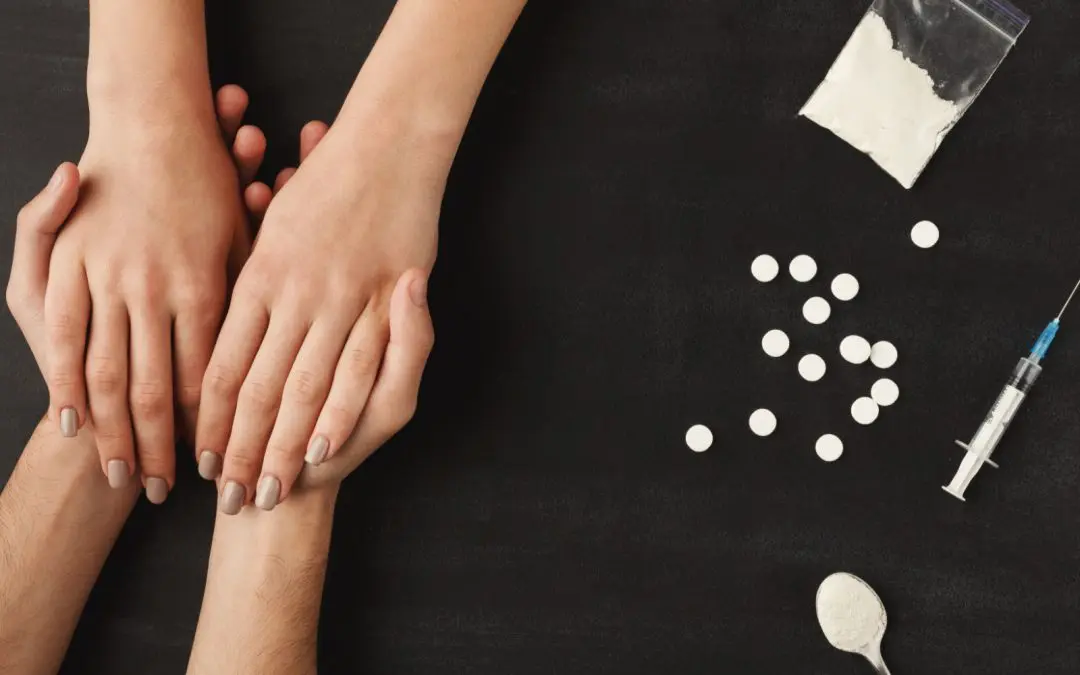24/7 Helpline:
(866) 899-111424/7 Helpline:
(866) 899-1114
Learn more about PTSD Treatment centers in Carrollton
PTSD Treatment in Other Cities

Other Insurance Options

Molina Healthcare

EmblemHealth

Meritain

Providence

BHS | Behavioral Health Systems
Beacon

Absolute Total Care

Health Choice

Medical Mutual of Ohio

Covered California

WellCare Health Plans

Health Net

Optima

UnitedHealth Group

Magellan

Coventry Health Care

Access to Recovery (ATR) Voucher

State Farm

Kaiser Permanente

CareFirst






The Potters Behavioral Medicine Clinic
The Potters Behavioral Medicine Clinic is a private rehab located in Villa Rica, Georgia. The Potter...

Allendale Association Bradley Counseling Center
Allendale Association Bradley Counseling Center is a private rehab located in Bowdon, Georgia. Allen...

Baylor Scott and White Alcohol and Drug Dependency Treatment Program
The Baylor Scott & White Alcohol and Drug Dependency Treatment Program offers a wide spectrum of the...














Tanner Center for Behavioral Health
Tanner Center for Behavioral Health provides a continuum of mental health care and access to clinica...

West Texas Counseling and Rehabilitation Program
West Texas Counseling and Rehabilitation Program is a private rehab located in Temple, Texas. West T...

Cen – Tex Alcoholic Rehabilitation Center
Cen-Tex Alcoholic Rehabilitation Center is a private rehab located in Temple, TX. Cen-Tex Alcoholic ...

Christian Farms – Treehouse
Christian Farms Treehouse (CFTH) is a faith based substance abuse treatment center based in Temple T...

Central Texas CADA
Central Texas CADA is a private rehab located in Temple, Texas. Central Texas CADA specializes in th...

Central Texas Alcohol and Drug Abuse
Central Texas Alcohol and Drug Abuse is a private rehab located in Temple, Texas. Central Texas Alco...

AA – Alcoholics Anonymous
AA – Alcoholics Anonymous is a non-profit rehab located in Temple, Texas. AA – Alcoholics Anonymous ...

Cenikor Foundation
Cenikor offers long-term residential for those adults who are capable to participate in all aspects ...






























































